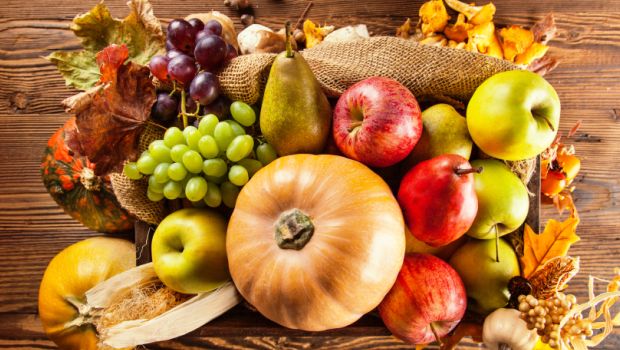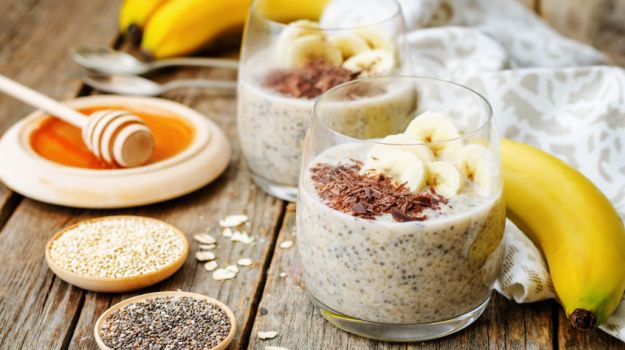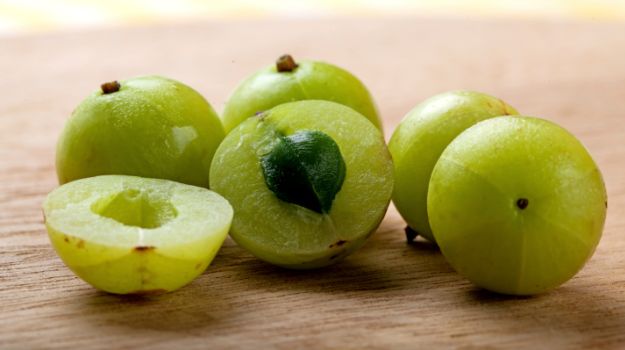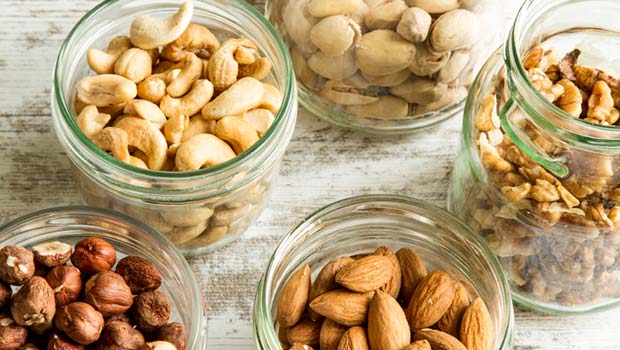
There is so much speculation around health and food that it often tends to cloud our minds and makes us forget the basics. Everything from the new-age specialty diets to super foods and super nutrients may be good for you, but that’s not a reason to give up on our ancestral wisdom. Keeping this in mind, and on the occasion of World Health Day, we spoke to a few top nutritionists in the country to chalk out some important diet guidelines about food and nutrition that you must follow daily for a healthy lifestyle.
World Health Day is celebrated every year on April 7th. It is a day dedicated to global health awareness which was launched by the World Health Organisation. Every year, they throw the spotlight one a health subject of great importance. This year, they are focusing on mental health, their theme being ‘Depression: Let’s Talk’. Depression is becoming increasingly common yet it is poorly understood. It is also important you realize that the kind of food you give your body daily can greatly impact your mind and how your brain functions.
Giving your body the right nutrients has shown a promising possibility of improving mental health. But remember, there is no shortcut to good health. In his book,’100 Million Years of Food’, Stephen Lee introduces the concept of short-term and long-term health. He explains, ‘a diet that makes a person taller, a weight-lifter stronger, and a woman more fertile is healthy to a degree, but generally not a diet that would make a person live longer.’ The point he is trying to make here is that your daily diet principles which you’ve been following since a child determine your long-term health (what we should be trying to achieve) and not the episodic bouts of healthy eating.
Therefore, the little efforts you make on a day to day basis can really help you in the long run. Here are eight staple routines you should be following every single day to enjoy the best of health.
1. Eat seasonal
The best guide to a healthy lifestyle is Mother Nature. Choose seasonal, locally-grown foods that take less time to reach you and therefore, are more nutritious. Summers are a great time to indulge in a lot of fresh fruits like melons,mangoes and pineapple and vegetables like bottle gourd, ridge gourd, round gourd and pumpkin. – Dr. Rupali Datta, Clinical Nutritionist, New Delhi

2. You should start and end your day right.
You must pay attention to the first thing you have when you wake up and the last thing you take before going to sleep. Ayurveda suggests that you start your day by drinking at a litre of water stored in a copper vessel overnight. Before sleeping, it is recommended to have a glass of warm milk but not for those who are lactose-intolerant. – Dr. Ashutosh Gautam, Clinical Operations and Coordination Manager, Baidyanath, New Delhi
3. Use the right cooking oil.
There are a lot of fad diets doing the rounds these days, but I’ll tell you to turn back and look at what our ancestors did. It is healthiest to rely on indigenous cooking oils. Indian cooking requires high heat oils. You can use mustard oil for frying and sautéing purposes and desighee for tempering. Coconut oil is a good native option for salads instead of olive oil. – Dr. Shilpa Arora, Naturopathic Doctor and Macrobiotic Health Coach, New Delhi

4. Carbs are most important.
Good carbs, also known as the complex carbs, should comprise of at least 60 per cent of your daily meals. These can come from lentils, brown rice and even some fruits and vegetables like bananas and beans. – Celebrity Nutritionist Pooja Makhija., Mumbai

5. Get your daily dose of Vitamin C.
While focusing on the macro-nutrients, we often tend to miss the important of micro-nutrients. Vitamin deficiencies, seasonal allergies and infections have become so common these days. Therefore, it is really important that you get a sufficient dose of Vitamin C. Vitamin C is not produced or stored in the body, so you have to derive it from the food you eat on a daily basis. Star your day with fresh amla juice or amla murabba had on a empty stomach. You can even sip on a glass of Nimub Paani made with the juice of 1 lime daily to keep yourself hydrated and get your recommended dose of Vitamin C. – Dr. Tapasya Mundhra, New Delhi

6. Never neglect protein.
A lot of Indians may be, unknowingly, suffering from protein deficiency. I encourage people to have a protein-rich diet. Try and sneak in more of lentils and pulses and good quality proteins in your daily diet. The amount of protein required varies from person to person. It is calculated as 0.8 to 1 grams per kilogram of the ideal body weight. – Dr. Ritika Samaddar, Max Healthcare, New Delhi

7. Balance is the key.
You need to strike a balance between the all the important nutrients that you need in a day. Focus on proteins for breakfast and carbs for lunch. Dinner should be light. Fats should be distributed through the day. 50 per cent of it should come from visible fats like oil, butter and ghee and the other half from fatty foods like avocados, dairy, nuts and seeds. – Dr. Anju Sood, Bangalore
8. Drink more water.
We often tend to ignore this basic advice but you must drink lots of water. It contains most of the important micro-nutrients you require on a daily basis for good health, good skin and even good sleep. – Dr. Anshul Jai Bharat.



One Response
Thanks Doctor… Rightly said. Our health is in our hands. Food supplements should be taken seriously now.